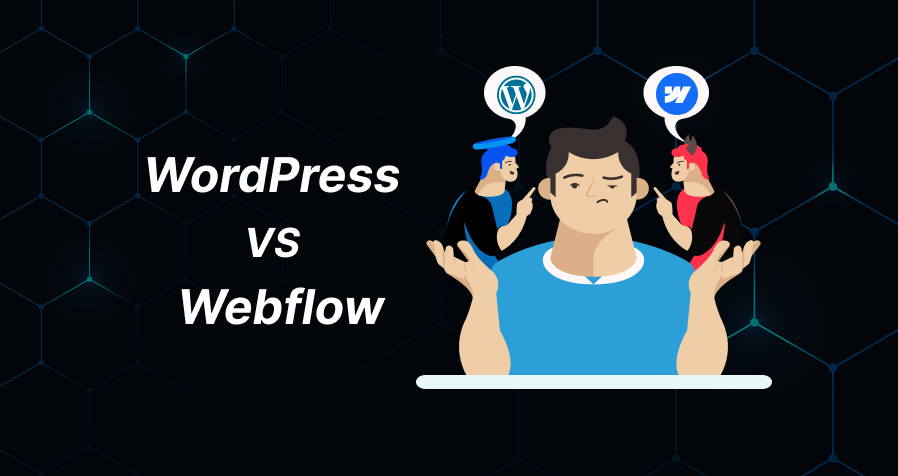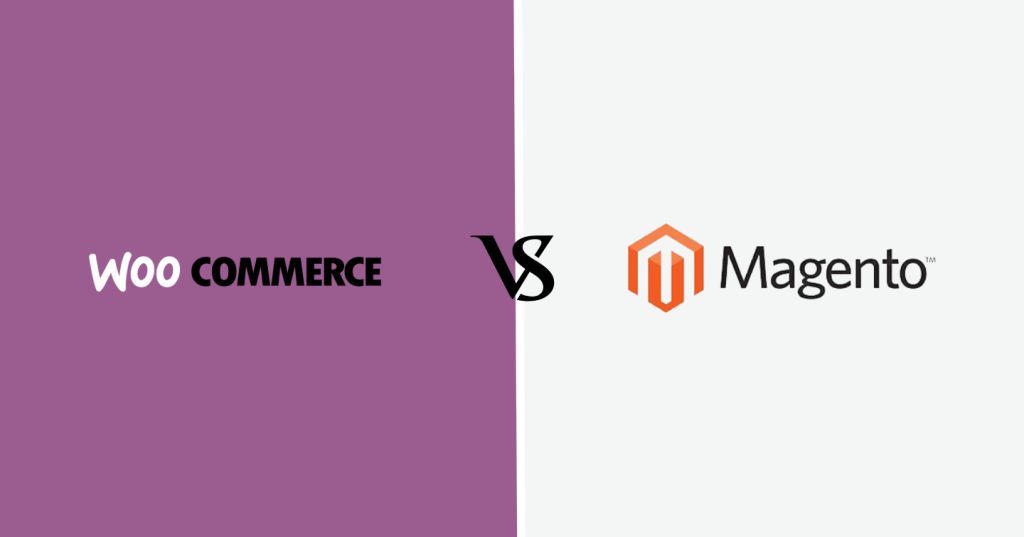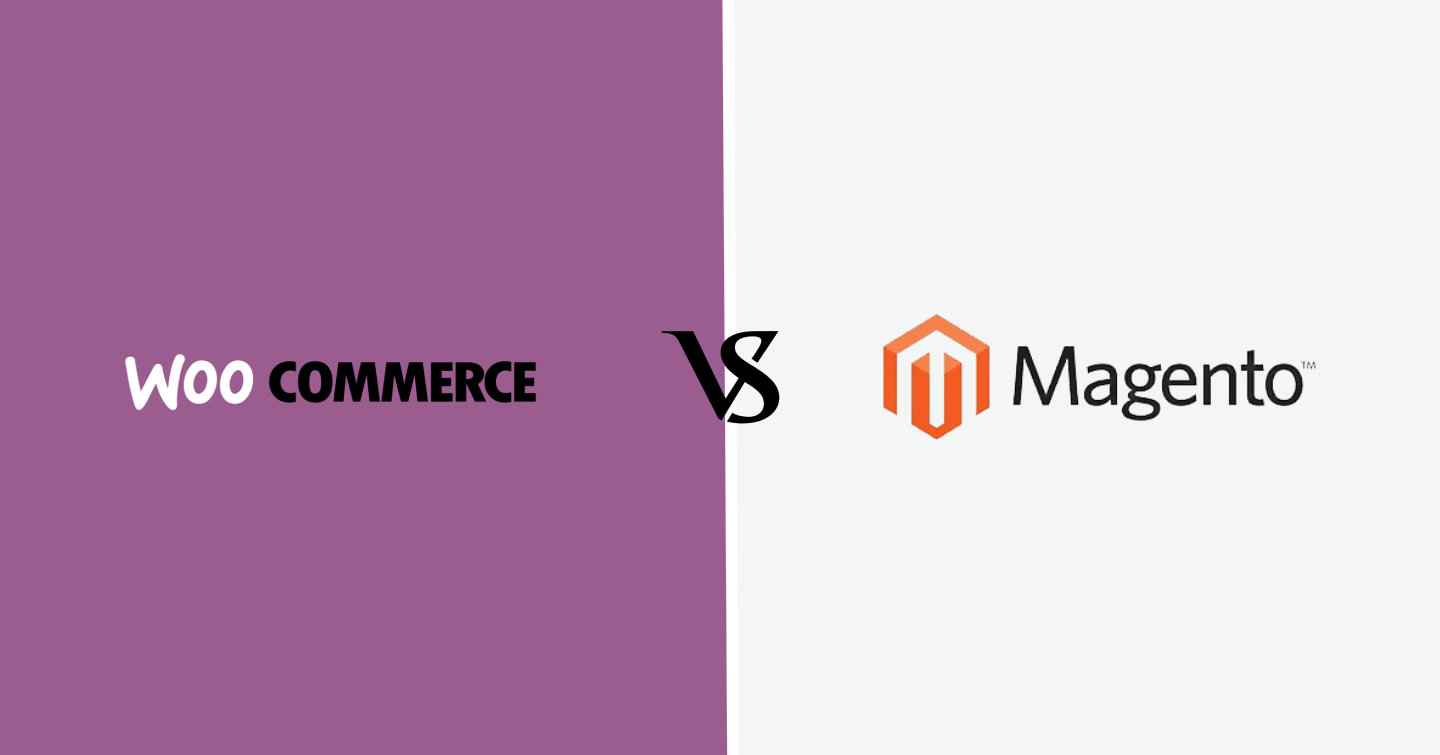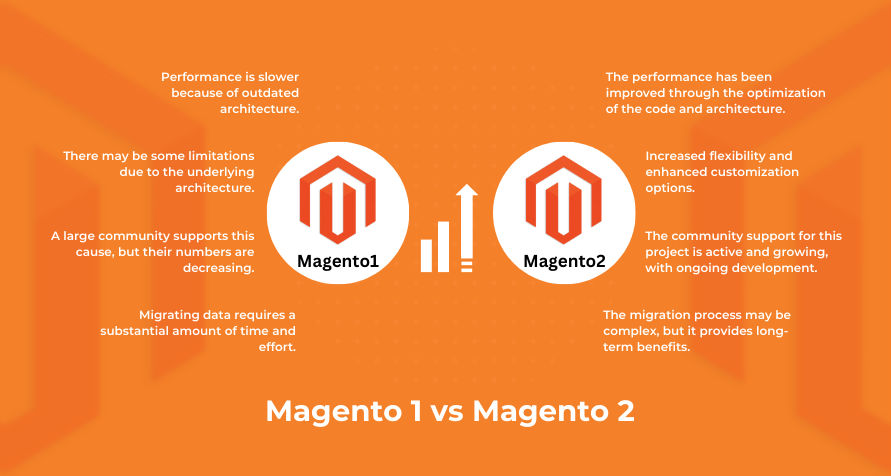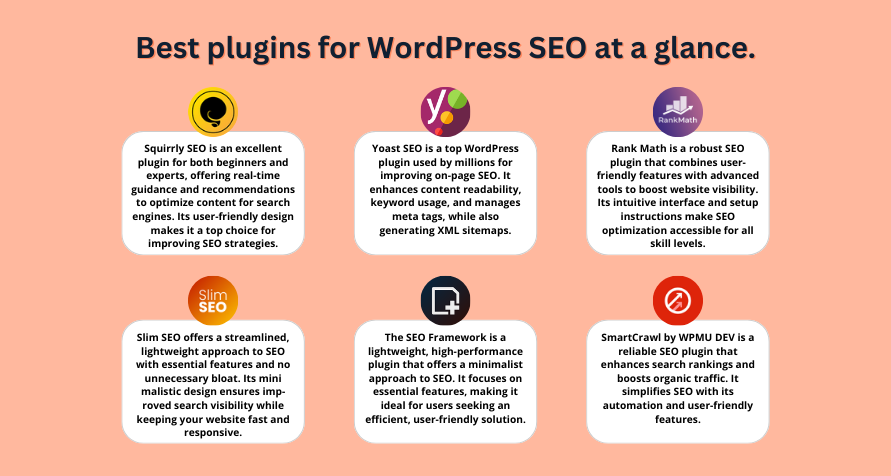What is WordPress?
WordPress is one of the oldest and widely used tools for creating websites. It’s free to use, open-source, and super flexible. You can create blogs, business sites, online stores, or anything else using its wide range of plugins, themes, and other features. It runs on themes and plugins, so you simply need to add what you require.
What is Webflow?
Webflow is a modern platform that offers powerful design features. It is designed for people who prefer to design visually, using a drag-and-drop interface. You don’t need coding skills, but you can code if you want to. Hosting and content management are included, so you won’t have to deal with setup issues.
WordPress vs Webflow: Key Differences
| Feature | WordPress | Webflow |
|---|---|---|
| Type | It’s an Open-source CMS. | Visual website builder + CMS |
| Ease of use | Easy at first, harder later | Visual, but kinda tricky to learn |
| Design freedom | Depends on the theme builders | Full visual control, no themes |
| Hosting | You manage it | Built-in and fast |
| Plugins/Add-ons | Thousands of options | Fewer, but essentials are there |
| Cost | Free core, extras cost money | Paid monthly, depending on features |
| Best For | Blogs,stores,and any site | Designers,agencies,creatives |
Pros and Cons of WordPress
Pros:
- WordPress is super flexible and works for anything.
- WordPress has Huge support and community that makes your work easier.
- WordPress comes with so many themes and plugins.
- Using WordPress allows you to own your site and have full control over it.
Cons:
- You have to manage all the updates and backups.
- It can be a bit much for beginners
- You might occasionally need help from a developer sometimes.
Pros and Cons of Webflow
Pros:
- Design is entirely visual, no coding is required.
- Fast hosting with clean site code makes it ideal for creatives.
- Great for creatives who want full control on code.
- There’s no need to deal with separate hosting.
Cons:
- There was some difficulty at first, but it helped us learn and improve.
- Costs can increase as your website grows.
- There are fewer add-ons available compared to WordPress.
Conclusion
If you want to control your website and comfortable with some technical tasks, WordPress is a good option. It’s powerful, flexible, and reliable.
If you care more about design and prefer to build visually, Webflow might be a better choice. You won’t have to deal with hosting or updates, and it’s quick to set up.
Both tools are effective and very useful; it just depends on your building style and requirements, as well as what you want to create.
